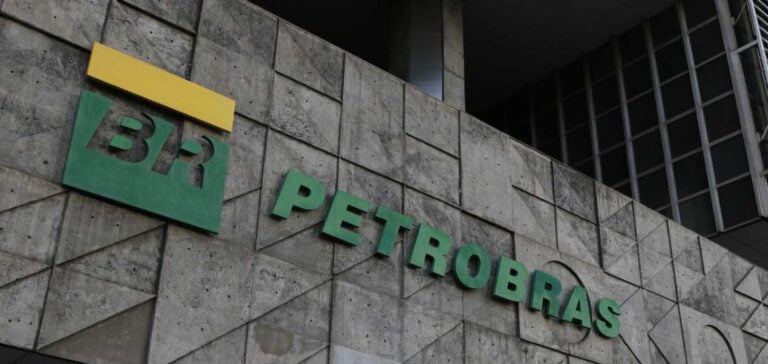Petrobras, the Brazilian oil giant, is going through a period of significant turbulence with the unexpected departure of Jean Paul Prates and the imminent arrival of Magda Chambriard as Chairman. This reshuffle, the sixth in just over three years, underlines the chronic instability at the head of the company. As a result, the financial markets react negatively. Shares fell significantly, reflecting investors’ fears about the continuity of the company’s policies and strategic direction. The price of ordinary shares fell by 6.78% at the close of trading on the Sao Paulo Stock Exchange, while preference shares plunged by 6.04%. These changes in leadership raise urgent questions about Petrobras’ ability to maintain a coherent strategy.
Energy transition: a major challenge for the new presidency
Beyond governance issues, Petrobras faces major challenges linked to the global energy transition. The pressure to reduce dependence on fossil fuels and integrate renewable energy sources is intense. In addition, the company has already begun investing in offshore wind and green diesel projects. However, the 32.1% year-on-year drop in profits shows that oil price fluctuations remain a major obstacle. Magda Chambriard, renowned for her technical expertise and in-depth understanding of the oil industry, is expected to redefine investment priorities and steer the company towards a more sustainable future.
Strategic investments and impact on dividends
Concerns about Petrobras’ dividend policy are at the heart of current tensions. The company recently revised its decision not to distribute extraordinary dividends for fiscal 2023. This maneuver initially caused the company’s share price to plummet. This about-face indicates possible political interference in financial decisions. This is a matter of concern for shareholders, who fear that the investments needed for the energy transition will be made at the expense of immediate returns. Chambriard will therefore have to navigate between the need to support long-term investment in renewable energies and the pressure to maintain attractive dividends for shareholders.
Future prospects and alignment with global objectives
Petrobras’ role in the Brazilian economy and on the global energy scene could be significantly influenced by how Chambriard manages these challenges. The energy transition is not just a domestic political issue; it also has significant geopolitical and environmental repercussions. Today’s decisions will determine whether Petrobras can position itself as a leader in the global energy industry, able to reconcile economic growth with sustainability. Chambriard’s approach could either stabilize the company and strengthen its position as a leader in energy innovation, or exacerbate internal and external tensions, jeopardizing its stability and brand image.
The future of Petrobras, under the leadership of Magda Chambriard, looks set to be a period of potential renewal and continuing challenges. The implications of his presidency will go far beyond mere corporate management, touching the very foundations of Brazil’s energy strategy and its positioning on the world market. The coming months will be crucial in defining not only the future of Petrobras, but also Brazil’s trajectory in the global energy economy, potentially marking a new era of progress and innovation in the sector.






















